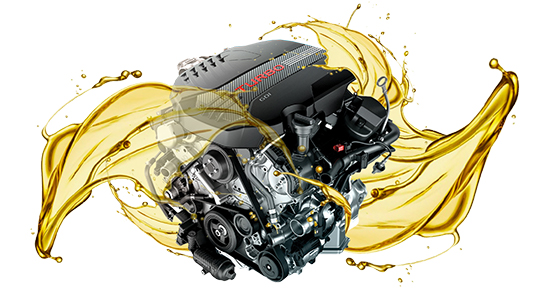
Industrial Lubricants And Def





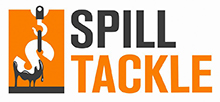

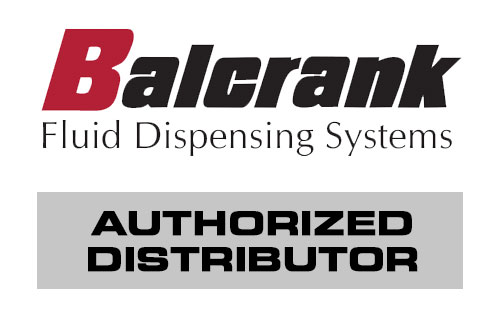
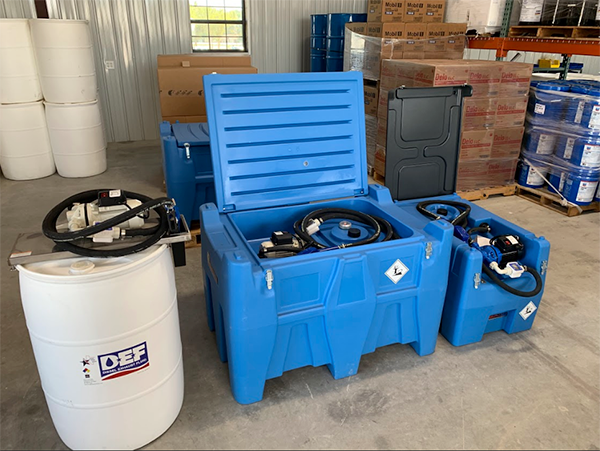
The many different additives can be categorized to aid handling and oil distribution, to improve fuel stability, to protect engines and fuel systems and additives to influence the combustion process. Some additives may influence more than one category and, of course, additives can be combined to produce multi-functional additive packages.
The characteristics of diesel fuel can be improved through the use of additives.
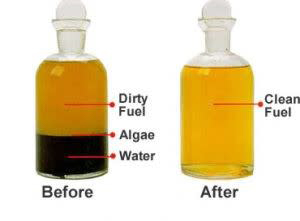
Food Grade Lubricants must perform the same technical functions as any other lubricant: provide protection against wear, friction, corrosion and oxidation, dissipate heat and transfer power. All while meeting strict regulations set by the USDA.
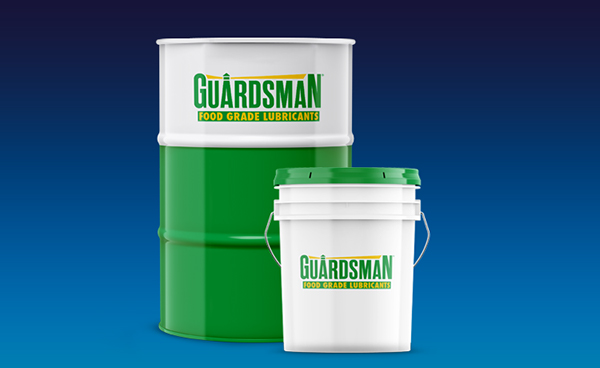
Metalworking fluids are designed to cool and lubricate metalwork pieces when they are being machined, ground, milled, etc. They reduce heat, remove chips, prevent oxidation, and assist in cutting.
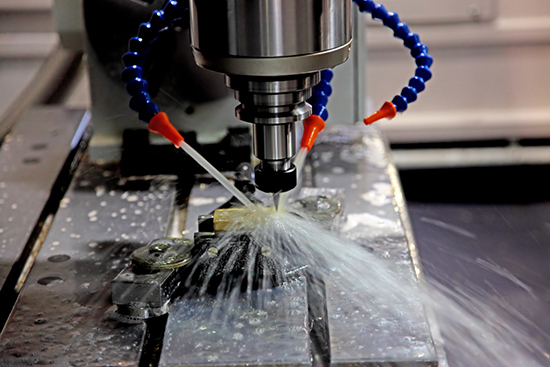
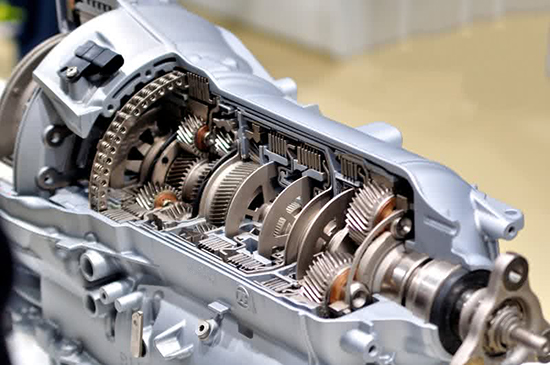
Packaging Options
Pumping options

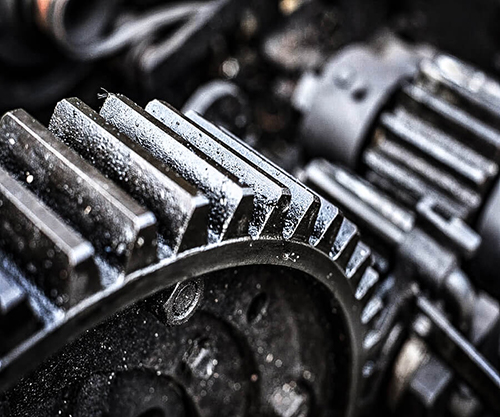
Coolant (or antifreeze) protects your engine from freezing while defending components against corrosion. It plays a critical role in sustaining engine heat balance by removing heat.
In a heavy-duty diesel engine, only one-third of the total energy produced works to propel the vehicle forward. An additional one-third is removed as heat energy by the exhaust system. The remaining one-third of heat energy produced is taken away by the engine coolant.
This heat removed by the coolant provides a balance in the removal of engine heat that is critical in ensuring that the engine operates properly. Overheating could result in accelerated deterioration of the oil and the engine itself.

